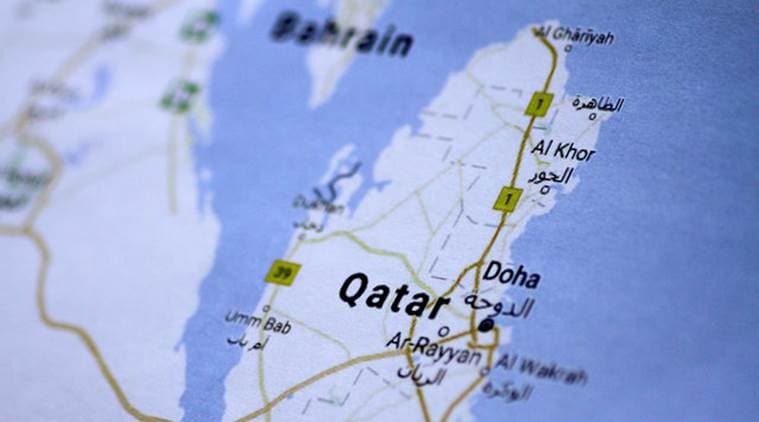
Image Source: indianexpress.com
Introduction
The Gulf region has been a cradle of ancient civilizations, trade routes, and cultural exchanges, fostering enduring connections among the nations that share its shores.
Historical Perspective
Throughout history, the Gulf has witnessed the rise and fall of empires, the flourishing of trade, and the convergence of diverse cultures. The ancient civilizations of Mesopotamia, the Indus Valley, and Persia had interconnected trade routes that traversed the Gulf, fostering economic and cultural exchanges.
Cultural Exchange
The rich tapestry of cultures within the Gulf region has been shaped by millennia of interactions. From the contributions of Arab, Persian, and Indian influences to the art, language, cuisine, and traditions, the Gulf stands as a testament to the diversity that unites these nations.
Diplomatic Relations
Modern diplomatic relations in the Gulf have evolved, navigating through periods of cooperation and occasional tensions. Bilateral agreements, regional forums, and international collaborations have aimed at fostering stability, security, and economic prosperity in the region.
Challenges and Opportunities
Despite historical bonds, the Gulf faces contemporary challenges such as geopolitical tensions, security concerns, and economic shifts. However, these challenges also present opportunities for dialogue, cooperation, and mutual growth among the nations involved.
Conclusion
The enduring connection across the Gulf, rooted in history, culture, and diplomacy, serves as a foundation for continued cooperation, understanding, and shared progress among the nations involved.